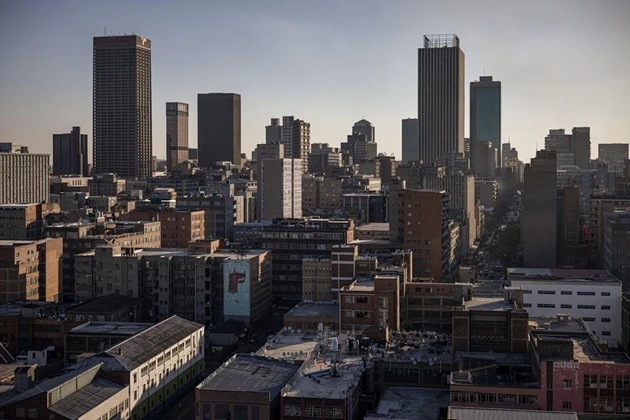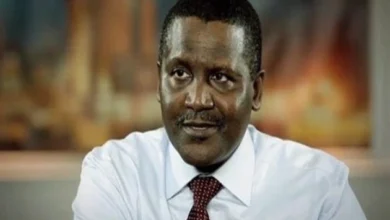Africa’s richest country and the World Bank proposed a $3 billion plan to safeguard its cities

In partnership with the World Bank, South Africa has launched a $3 billion initiative to restore essential services and improve infrastructure in eight of its largest cities.
It will use a $1 billion loan from the World Bank, combined with $2 billion in government funds, to fund grants for cities such as Johannesburg, Durban, and Cape Town that meet targets for water, sanitation, electricity, and solid waste recycling under a new government program.
The initiative “represents a new targeted financial transfer to municipalities based on performance,” the World Bank said in a response to the request. This will “support reforms in the trade services field,” for which cities charge residents.
The government is implementing a subway trade program. It faces growing pressure from citizens demanding better services amid periodic disruptions to city power grids, regular water shutdowns, and weak garbage collection. Visit. A F R I N I K . C O M. For the full article. In last year’s elections, the African National Congress lost its absolute majority for the first time since the establishment of democracy in 1994, partly due to dissatisfaction with the poor provision of services.
“South Africa’s subways are facing a crisis in the provision of basic services, which is characterized by declining safety, reliability, and accessibility,” the World Bank said in its documents on the program. “Urgent action is needed to reverse the collapse of city services.”
The program is focused on cities where 22 million people, or more than a third of the country’s population, live in an area of almost 30,000 square kilometers (11,583 square miles). This is almost 20 times the size of London.
Currently, the South African Government allocates money to municipalities for infrastructure investments, but there are several requirements to ensure the work is done.
“However, the grant system lacks effective results-based incentives,” the World Bank says. “This has led to inefficient spending of grants.”
The program “will include a combination of grant reforms with the provision of conditional financial incentives that encourage municipalities to address issues affecting the provision of services actively,” the World Bank said.




